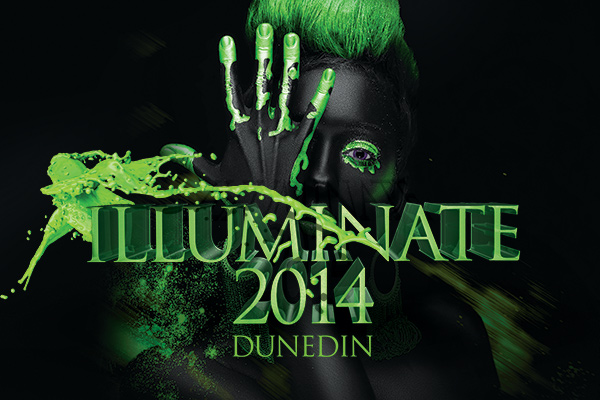Disabled student mistaken as drunk
Stadium staff label University of Otago student as ‘too drunk’ for entry
Richard said that when he approached the stadium staff on the door, he lightly stumbled due to his disability. The staff member on guard asked him how he was; his stutter was then taken as a sign that he was too intoxicated and was denied entry into the premises. “I pleaded with staff for about two and a half hours, but they weren’t having a bar of it.” After attempting to explain his disability to multiple staff members, as well as two police officers, Richard was still denied entry into the stadium. Richard stated he had only consumed three standard drinks that night, hours before he left home. “I had completely burned it off and wasn’t feeling any effect by the time I had arrived at the Paint Party.”
The student said he was “extremely shocked” by what had happened, saying, “nothing to that extent had ever happened before.” Although it was the first time an issue such as this has occurred at an event OUSA has been involved with, for similar reasons, he has been unfairly denied by bouncers at Dunedin’s Boogie Nites and Capone on two separate occasions.
A family member of the student later contacted the University’s Disability Information and Support Office to inform them of the incident, who then contacted OUSA and staff at the Forsyth Barr Stadium.
General Manager of OUSA Darel Hall said that as soon as they were informed, OUSA immediately offered the student a refund of the $40 ticket cost. Hall said, “It isn’t clear who should be held responsible. [OUSA are] not the promoter; it wasn’t our event, we just provide health and safety.” Either way, OUSA refunded the individual “because it’s a pretty unfortunate situation.”
Since being made aware of the incident, OUSA has looked into various ways that they can prevent such mistakes from re-occurring. “We’ve been trying to think about any kind of systemic procedures we can put in place in terms of ID cards. [OUSA] has looked into whether there was any kind of national structure that allowed people who have certain disabilities to verify that.” OUSA have spoken to the stadium in regards to the idea, who have stated that they would be willing to cooperate if it was implemented in the future.
The student told Critic he has not yet had an apology from OUSA, or staff at the stadium, since they have been made aware of the mistake. However, OUSA said they apologised to the student’s brother when he recently made contact with them.
Hall said he sympathised with the Stadium staff. Having previously been an Alcohol Health Promoter, he said it is “extremely hard work” trying to determine an individual’s level of intoxication. “There are all kinds of things that you need to take into account to make a judgment of whether or not you think someone is intoxicated. There isn’t an objective standard of what intoxication looks like.”
OUSA is not aware of any similar incidents occurring at past events involving the University, “It’s a relatively rare occurrence,” Hall noted, though, “If there are circumstances where people need individual care, we are happy to do that.”
Melissa Lethaby, Manager of Otago University Disability Information and Support, told Critic she believed OUSA “handled the matter very well.” When she was informed of the issue, she immediately contacted Hall who “was very responsive.” She said, “I feel comfortable that Darel Hall and the team will do what they can for future events.”
President of OUSA Ruby Sycamore Smith said, “OUSA believes in an inclusive environment and we’re sorry this happened to a student at an event we had a presence at. We’ve worked with the student and their family along with the University’s Disability Support, OUSA Student Support, DVML and others to create a policy which will mean this won’t happen again.”








